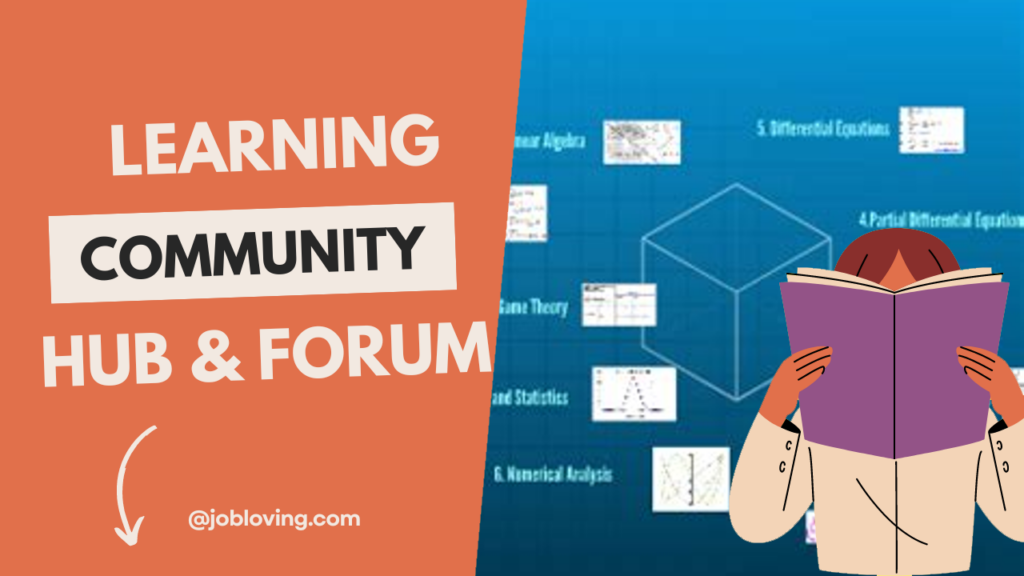Have you ever felt like math is like climbing Mount Everest? It has its peaks, but some classes make you think you need oxygen just to survive! Among the myriad of challenging math classes, one stands out as a formidable foe for many students – Real Analysis. But what makes it so notoriously tough?
The Short Answer: Real Analysis is often considered the hardest math class for undergraduates.
Real Analysis dives deep into the very foundations of calculus, a course that many students are already grappling with. In this course, students don’t just learn about functions and limits; they dissect the theory behind them. Expect to encounter a plethora of rigorous proofs, intricate definitions, and a demand for high-level abstract thinking. Here, concepts like continuity, convergence, and compactness take on a whole new meaning, leaving many scratching their heads and pondering the nature of existence.
With its focus on proofs rather than computations, students often find themselves using a different part of their brain, one that’s more accustomed to abstract reasoning and less to numerical calculations. This paradigm shift can lead to intense study sessions filled with frustration but also moments of brilliant clarity! If you survive this course, you’ll emerge not just with a sense of accomplishment but a new perspective on all things math-related.
So, if you’re gearing up for this intellectual odyssey, just remember: it’s a challenge worth undertaking. Don’t forget to enshrine yourself with support from your peers and maybe a little humor to lighten the mood. If you have any more questions or need resources to conquer your math mountains, join the JobLoving community and let’s tackle this adventure together!
Key takeaways about What math class is hardest?
Challenges of Advanced Math Courses
- Real Analysis is often considered the hardest undergraduate math course due to its rigorous proofs.
- Abstract Algebra introduces complex algebraic structures, making it a challenging yet fascinating area of study.
- Topology focuses on properties of space under continuous deformations, presenting unique abstract challenges for students.
- Partial Differential Equations generalize multivariable calculus concepts, requiring advanced problem-solving skills across multiple dimensions.
- Graph Theory and Combinatorics explore networks and optimization, demanding a solid foundation in logic and proofs.
- Measure theory is often perceived as one of the hardest math courses for students.
- Algebraic topology features high-level abstractions that can be difficult for many students to grasp.
- Complex analysis presents challenges due to its abstract nature and perceived “black magic” concepts.
- Nonlinear partial differential equations are frequently regarded as particularly challenging by many math students.
- Set theory is acknowledged as a difficult course, often regarded as the hardest by faculty.
- Group theory is particularly challenging due to its lack of structure compared to other math fields.
- Several complex variables are significantly harder than single-variable complex analysis, according to student experiences.
- Differential geometry presents unique challenges due to varying symbolisms across different textbooks and courses.
- Functional analysis is noted for its difficulty, with low pass rates reported in some courses.
- Graduate-level abstract algebra is consistently mentioned as a challenging subject for many students.
Influence of Instruction and Environment
- Difficulty of math classes can vary significantly based on instructor, textbook, and course syllabus.
- Courses taught by poor professors can drastically affect students’ perceptions of a subject’s difficulty.
- Engaging in advanced math topics can be achieved through dual-enrollment programs at local colleges or universities.
- Participating in summer math programs allows high school students to explore advanced concepts beyond standard curricula.
- Collaboration with peers in challenging math courses can enhance understanding and foster a supportive learning environment.
- Students often find that the most difficult math classes require both dedication and a love for the subject.
- The teaching style and depth of understanding required can make statistics courses particularly difficult.
Student Experiences and Perceptions
- Many students report that real-life applications of advanced math concepts can deepen their interest and understanding.
- The perception of difficulty in math classes often correlates with a student’s prior knowledge and preparation level.
- The workload and lack of motivation in Calc 2 can lead to a challenging student experience.
- Advanced math courses require not just knowledge but also abstract thinking and problem-solving abilities from students.
- Seeking extra credit work related to advanced math topics can help high school students challenge themselves further.
- Admissions officers value students who seek challenging math experiences outside the classroom, enhancing college applications.
Unique Characteristics of Math Subjects
- History of Math requires understanding diverse schools of thought, making it a rigorous course.
- Combinatorics can be tough but often employs tools from other mathematical disciplines for clarity.
- Graph Theory and Combinatorics explore networks and optimization, demanding a solid foundation in logic and proofs.

